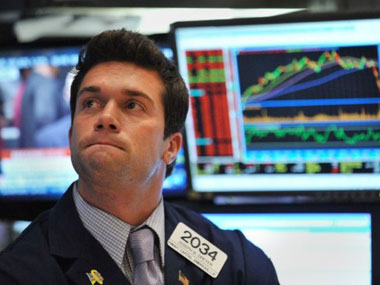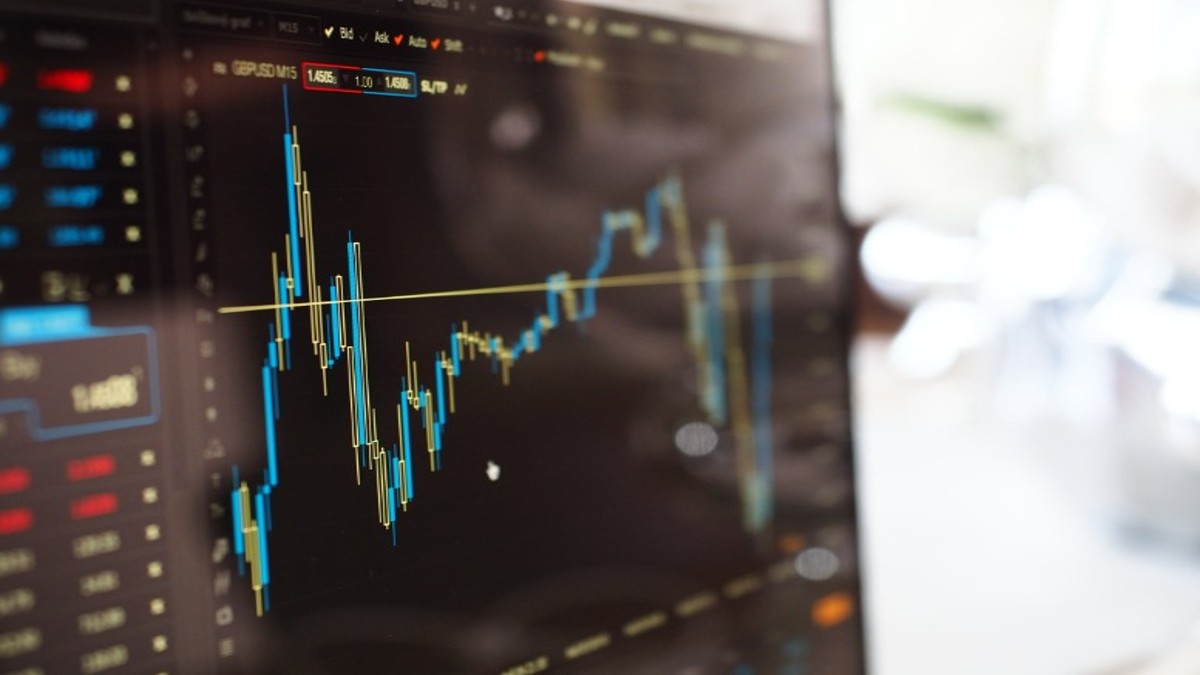The stock markets, as a rule, are idiosyncratic and exaggerate the impact of expected developments in a manner that shocks. That’s why they are quite singular. We all know that the US was in dire straits for quite some time now, but things are never that simple when you are the world’s largest economy and issuer of the world’s reserve currency. Whatever you do, you may get criticised.
Once fiscal cuts were accepted, the issue of the US defaulting on its debt servicing obligations was superseded by the spectre of a possible global recession if it went through with $2.1 trillion of budget cuts. This is more so given that the next prosperous region (or was it ever?), the eurozone, is also slipping.
The markets, which were already on a spooky wicket, rocked with the S&P downgrade, thus dealing a blow to the efficient market hypothesis which says that stock prices before the downgrade would already have buffered this information in -which they didn’t.
If you really ask yourself whether things have changed significantly in the last month on the state of the world economy, the answer will not be yes. But certainly a physical downgrade means that the dollar spins, as investors have to think hard and look at alternatives. As long as it was triple A, it still looked strong, but a double A erodes confidence and provides a trigger for investors.
Even here it appears that the rating agencies are playing safe after coming under some criticism earlier for delaying doing so in the case of some euro-based economies. In fact, quite curiously, while critics were quite vocal about a downgrade for the US, now that it has happened, they have mellowed down their stance. Reason: if all US debt is in dollars, and the government can print as much as it wants, it can never really default!
Since Japan and the euro area are also struggling, it means that the emerging markets should be attractive. There appear to be few alternatives. So what happens next?
The question on everyone’s mind is whether or not we are back to the 2008 situation when it was all doom and gloom. For this we need to look at hard numbers. Has growth started falling? Not yet, as a slowdown is not a recession, but negative growth numbers are. In fact, quite ironically, job numbers in the US are looking up, which means that things can’t be that bad.
Watch video as Deven Sharma of S&P defends decision to downgrade the US
We are not yet there. But then, all crises begin in the financial markets and then move on to the real sector. This is what happened post Lehman Brothers and there is no reason why it cannot happen again. Here, we do not really have a new crisis in the US, but an ongoing saga where President Obama and US Federal Reserve Chairman Ben Bernanke will have to tighten the strings for sure now.
The euro crisis, in terms of pure economic growth, is still restricted to the peripheral countries, which may not matter, but with Italy joining this group, things could take a knock. But, with the dollar and euro becoming weak, we will be looking at a state of flux where gold becomes important and probably China can raise its claims.
How will this affect India? Our growth is still primarily domestic and that is why we escaped the full effects of the 2008 crisis. Exports should be impacted but, in the last one year, or probably the last 15 months, have defied global trade gravity with remarkable growth rates. But, around a third of our exports is directed to the US and European Union, which may get hit by a major slowdown.
On the other hand, the spread of our exports is fairly diversified with around 25 percent being accounted for by traditional manufactured goods like garments, gems and jewellery, handicrafts, leather products, etc, where demand is not too elastic. Add to this some 15-20 percent of refinery products and another 10-15 percent of primary products and it does appear that we could be fairly insulated against a global slowdown. But in 2009-10, however, we saw negative growth of around 6 percent for manufactured goods.
Most probably, the coming slowdown this time will be more moderate than the Lehman one, as there is no other crisis lurking behind the curtain. The global economy is definitely on a sounder footing in terms of knowing where we stand, unlike the earlier episode where there was a lot going on under the carpet.
The movement of funds will be critical as India is a major recipient of dollars through foreign institutional investors (FIIs) and also as foreign direct investment (FDI). The India growth story, at 7.5-8 percent, is lower than the egoistic double-digit rates touted on various platforms, but it is still very attractive.
But one cannot tell. The US Fed, the European Central Bank and the Bank of England have kept rates unchanged and a lot will depend on whether rates will be increased to force investors to balance the interest rate differentials. But prima facie, emerging markets should be relatively more attractive.
What should our policy be then? The elementary response should be to carry on doing what we are doing now. We should look at our domestic concerns and address them. Inflation, for one, has been a great hurdle to growth over the last two years, and we should continue to tackle it appropriately. A global slowdown will mean that commodity prices have to soften, which will be good for us, as one part of our inflation is imported in a big way.
Fuel and metals are the main beneficiaries of a global slowdown which will, in turn, provide succour to fiscal targets as the subsidy burden comes down. In fact, to the extent that core inflation in India is driven by higher metal prices, it will be tempered substantially this year. Speculative activity in global commodity trading should also be subdued and overall inflationary proclivities will diminish in times of a slowdown.
An irking issue for us, as well as other nations, is what we should do with our foreign exchange surpluses which are invested in US bonds. Technically, governments put their dollars in triple- A rated securities, and the ones issued were all Triple A till now. Now, if US bonds are not highly rated, do we shift to Canada, or Switzerland or UK or Germany or China? China appears to be a strict no-no and the Forbidden City tag holds for the nation when placed in the global arena. This will be a tough call for the Reserve Bank of India.
There will be a lot of rebalancing even in the US financial markets as lower-rated bonds will have to be reconsidered by all insurance, pension and provident funds as well as the derivatives market. Therefore, we can expect a lot of large scale changes to take place in this space.
The philosopher Ralph Emerson once said: commit a crime and the world is made of glass. We can extend this in the light of Lehman and the US downgrade to say: Have a financial crisis, and the world is made of glass.
)
)
)
)
)